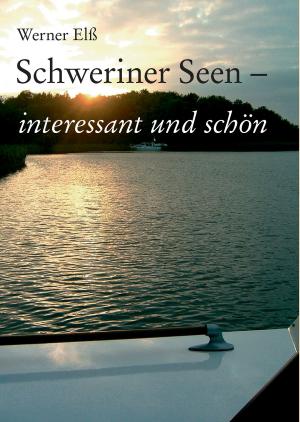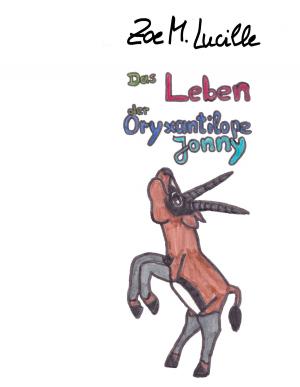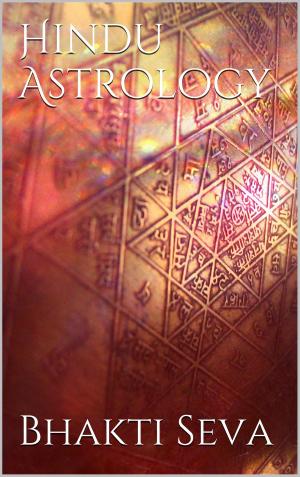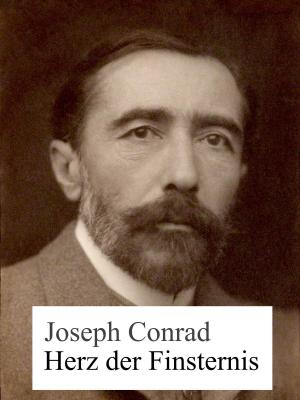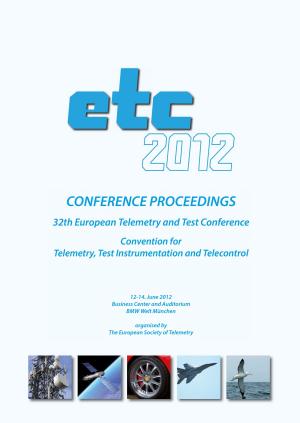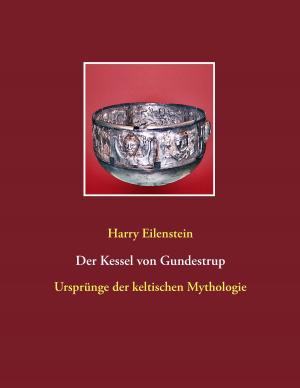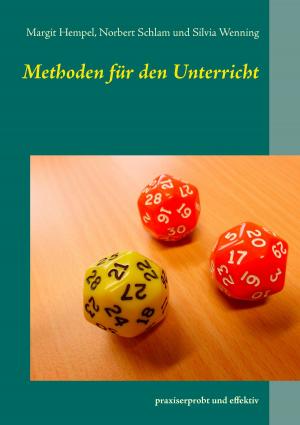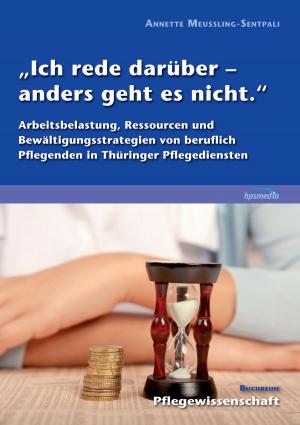The Legend of the Holy Graal. Book II
Nonfiction, Social & Cultural Studies, Social Science, Folklore & Mythology| Author: | Arthur Edward Waite | ISBN: | 9783748157991 |
| Publisher: | Books on Demand | Publication: | January 2, 2019 |
| Imprint: | Language: | English |
| Author: | Arthur Edward Waite |
| ISBN: | 9783748157991 |
| Publisher: | Books on Demand |
| Publication: | January 2, 2019 |
| Imprint: | |
| Language: | English |
The Graal legends are comparable to certain distinct literatures with which the theory here put forward will connect them by a twofold consanguinity of purpose. Scholarship had scarcely troubled itself with the great books of Kabalism till it was found or conceived that they could be made to enforce the official doctrines of Christianity. Many errors of enthusiasm followed, but the books of the mystery of Israel became in this manner the public heritage of philosophy, and we are now able to say after what manner it enters into the general scheme of mystic knowledge. The literature of alchemy, in like manner, so long as it was in the hands of certain amateurs of infant science and its counterfeits, remained particular to themselves, and outside a questionable research in physics it had no office or horizon until it was discovered or inferred that many curious texts of the subject had been written in a language of subterfuge, that in place of a metallurgical interest it was concerned in its way with the keeping of spiritual mysteries. There were again errors of enthusiasm, but a corner of the veil was lifted. Now, it is indubitably the message of the Graal that there is more in the Eucharist than is indicated by the sufficing graces imparted to the ordinary communicant, and if it is possible to show that behind this undeclared excess there lies that which has been at all times sought by the Wise, that est in sacramento quicquid quærunt sapientes, then the Graal literature will enter after a new manner into our heritage from the past, and another corner of the veil will be lifted on the path of knowledge.
The Graal legends are comparable to certain distinct literatures with which the theory here put forward will connect them by a twofold consanguinity of purpose. Scholarship had scarcely troubled itself with the great books of Kabalism till it was found or conceived that they could be made to enforce the official doctrines of Christianity. Many errors of enthusiasm followed, but the books of the mystery of Israel became in this manner the public heritage of philosophy, and we are now able to say after what manner it enters into the general scheme of mystic knowledge. The literature of alchemy, in like manner, so long as it was in the hands of certain amateurs of infant science and its counterfeits, remained particular to themselves, and outside a questionable research in physics it had no office or horizon until it was discovered or inferred that many curious texts of the subject had been written in a language of subterfuge, that in place of a metallurgical interest it was concerned in its way with the keeping of spiritual mysteries. There were again errors of enthusiasm, but a corner of the veil was lifted. Now, it is indubitably the message of the Graal that there is more in the Eucharist than is indicated by the sufficing graces imparted to the ordinary communicant, and if it is possible to show that behind this undeclared excess there lies that which has been at all times sought by the Wise, that est in sacramento quicquid quærunt sapientes, then the Graal literature will enter after a new manner into our heritage from the past, and another corner of the veil will be lifted on the path of knowledge.


